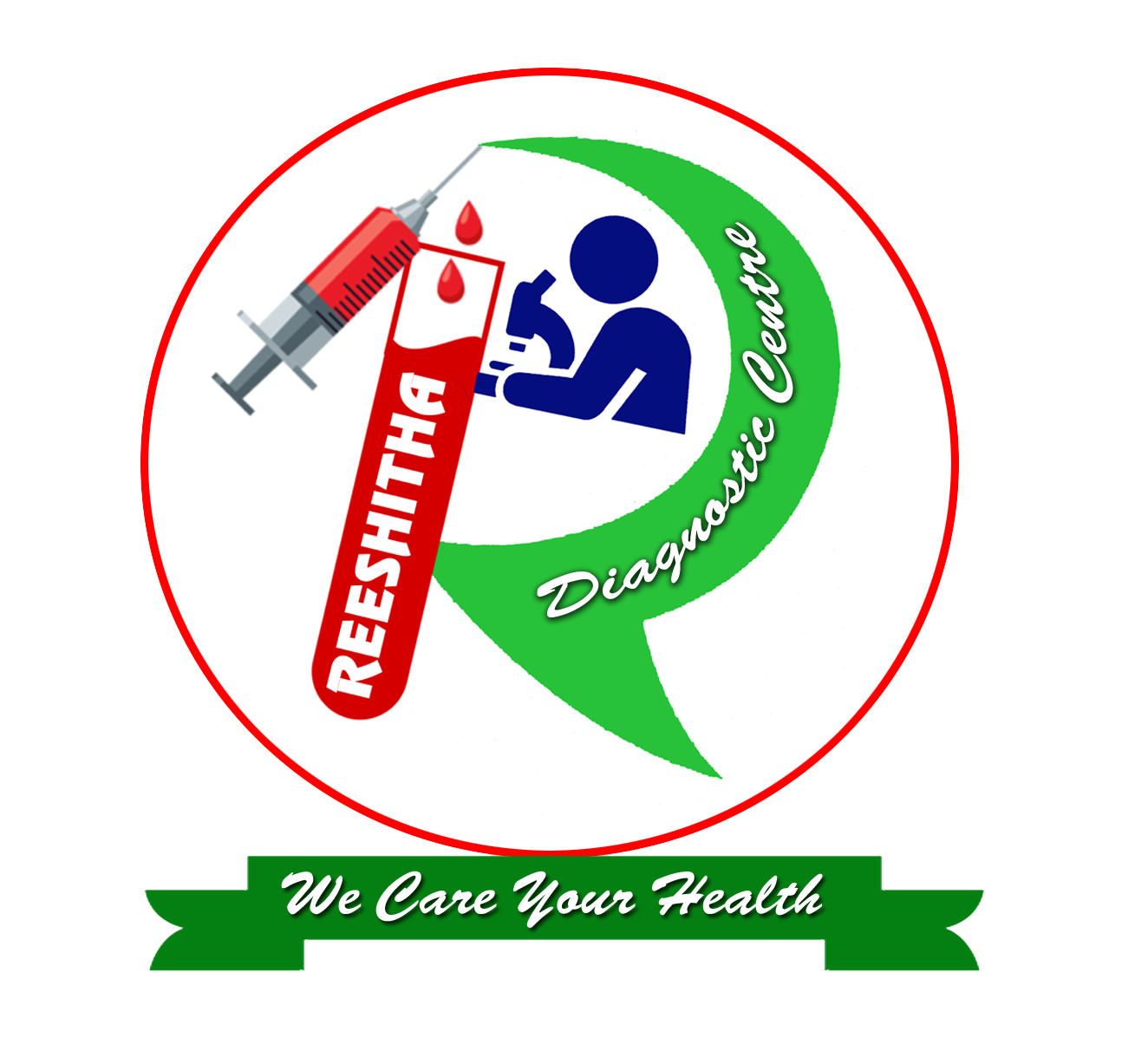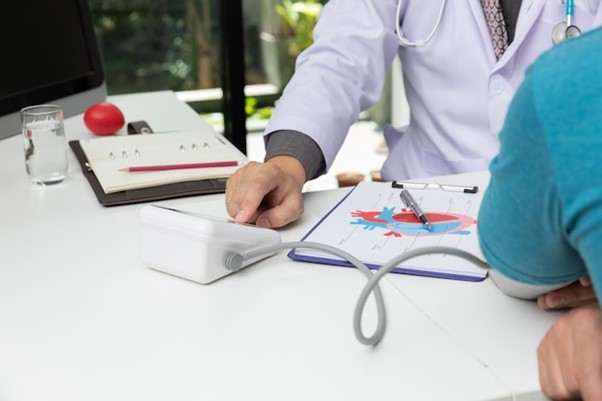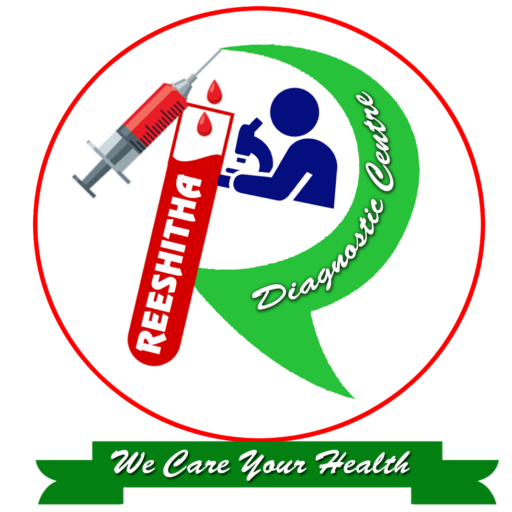Regular health check-ups are essential for early detection, effective treatment, and the prevention of potential health issues. They help ensure that medical conditions such as heart disease, diabetes, and certain cancers are identified and managed early. Here, we explore the different aspects of health check-ups and why they are crucial for maintaining a long, healthy life.
Why Are Regular Health Check-Ups Important?
What is a regular health check-up?
A health check-up is a routine evaluation of your overall health by a healthcare provider. It involves monitoring your vital signs, conducting tests, and assessing risk factors to detect early warning signs of medical conditions. Health check-ups help to identify potential health problems before they become serious, making it easier to manage and treat them effectively.
Why are they important?
Regular check-ups are an essential tool for early diagnosis. Many health conditions, like high blood pressure, diabetes, or even cancer, can develop without noticeable symptoms.
Early detection leads to more effective treatments and better outcomes.
Regular health visits also encourage healthier lifestyle choices and help keep vaccinations up to date, which can prevent long-term illnesses.
How often should you have a check-up?
The frequency of check-ups depends on factors like age, medical history, and lifestyle.
In general, adults should schedule a health check-up every 1 to 2 years, or more frequently based on their doctor’s recommendation.
For older adults or those with a family history of certain diseases, more frequent visits may be advised.
Basic Health Checks You Can Perform at Home
What basic checks can you do at home?
You don’t have to wait for a doctor’s appointment to check on your health. There are several health assessments you can perform at home:
- Alcohol Consumption: Limit alcohol intake to no more than 2 standard drinks per day and try to have at least 2 alcohol-free days each week for long-term health.
- Dental Care: Brush your teeth regularly, floss, and avoid sugary foods to prevent tooth decay. Visit a dentist for professional cleaning and check-ups at least once a year.
- Physical Activity: Aim for at least 30 minutes of moderate physical activity daily, such as walking, swimming, or social tennis, to maintain physical and mental health.
- Skin Checks: Regularly check your skin for changes in moles or freckles. If you notice anything unusual, consult your doctor.
- Weight and Diet: Maintain a healthy weight and eat a balanced diet with at least 2 servings of fruit and 5 servings of vegetables daily.
Why are these checks important?
These checks allow you to monitor your health and catch potential problems before they become serious. They also encourage proactive health management, such as healthy eating and regular physical activity, which contribute to long-term wellness.
Key Health Checks for Adults: Early Detection of Serious Conditions
What are common health checks for adults?
Several critical tests are recommended for adults to screen for various diseases, including heart disease, diabetes, and certain cancers:
- Heart Health: Blood pressure checks, cholesterol tests, and an Electrocardiogram (ECG) help assess the risk of cardiovascular diseases.
- Diabetes: Blood glucose tests, including fasting glucose and HbA1c tests, help identify diabetes or pre-diabetes.
- Cancer Screening: Tests like the mammogram for breast cancer and the Pap test for cervical cancer help detect cancers early.
- Weight and Obesity: Monitoring body mass index (BMI) and waist measurements helps assess your risk for cardiovascular diseases and diabetes.
Why are these tests important?
These tests are essential for identifying risk factors and detecting early-stage conditions when treatments are most effective. For example, identifying high blood pressure or high cholesterol early allows for intervention and lifestyle adjustments, reducing the risk of heart attack or stroke.
Health Checks for Specific Conditions: Tailored for Individual Needs
What health checks are recommended for specific conditions?
Depending on your risk factors, such as age, gender, or family history, your doctor may recommend specific tests to monitor certain health conditions.
- Heart Disease: If you are at high risk (e.g., a family history of heart disease), more frequent blood pressure and cholesterol tests, along with regular ECGs, may be necessary.
- Diabetes: If you are overweight or have a family history of diabetes, annual blood glucose or HbA1c tests are essential for monitoring diabetes risk.
- Bowel Cancer: People aged 50 and above should regularly screen for bowel cancer. If you have a family history, a colonoscopy may be required more frequently.
- Prostate Cancer: Men with a family history of prostate cancer or other risk factors may need regular prostate screening, including PSA tests and digital rectal exams.
- Eye Conditions: If you have diabetes or a family history of eye disease, regular eye tests are crucial to detect conditions like glaucoma and macular degeneration.
Why are these specific checks important?
Customizing your health checks based on individual risk factors ensures that any early signs of conditions like heart disease or cancer are caught early. Tailored testing allows for more focused care and better long-term health outcomes.
For personalized health check-ups based on your unique needs, visit Reeshitha Diagnostics Centre—your health, our priority!
Health Check-Ups for Women and Men: Gender-Specific Care
What are the key health checks for women?
Women should undergo specific health tests for conditions like breast cancer, cervical cancer, and osteoporosis. Key tests include:
- Breast Cancer Screening: Women aged 50 to 74 should get mammograms every 2 years. Early detection improves treatment outcomes.
- Cervical Cancer Screening: A cervical smear or HPV test should be performed every 5 years for women aged 25 to 74.
- Bone Health: A bone density test is important for women over 50 to check for osteoporosis.
What are the key health checks for men?
Men should also focus on health screenings, including:
- Prostate Cancer Screening: Discuss the benefits of testing with your doctor, especially if you have a family history of prostate cancer.
- Heart Health: Regular blood pressure and cholesterol checks are vital, particularly if you are at high risk for heart disease.
Why are these gender-specific checks important?
Gender-specific health checks ensure that both men and women receive the care they need to address issues unique to their health. For women, screenings for reproductive health and breast cancer are crucial, while men should prioritize prostate health and cardiovascular screenings.
Conclusion: Prioritize Your Health with Regular Check-Ups
Health check-ups are an essential part of maintaining overall well-being. By staying on top of your health with regular tests and screenings, you can prevent serious conditions, catch early signs of illness, and improve your quality of life. Whether it’s for heart disease, diabetes, or cancer, early detection is key.
Don’t wait for symptoms—book your health check-up today at Reeshitha Diagnostics Centre and take the first step towards a healthier future!



